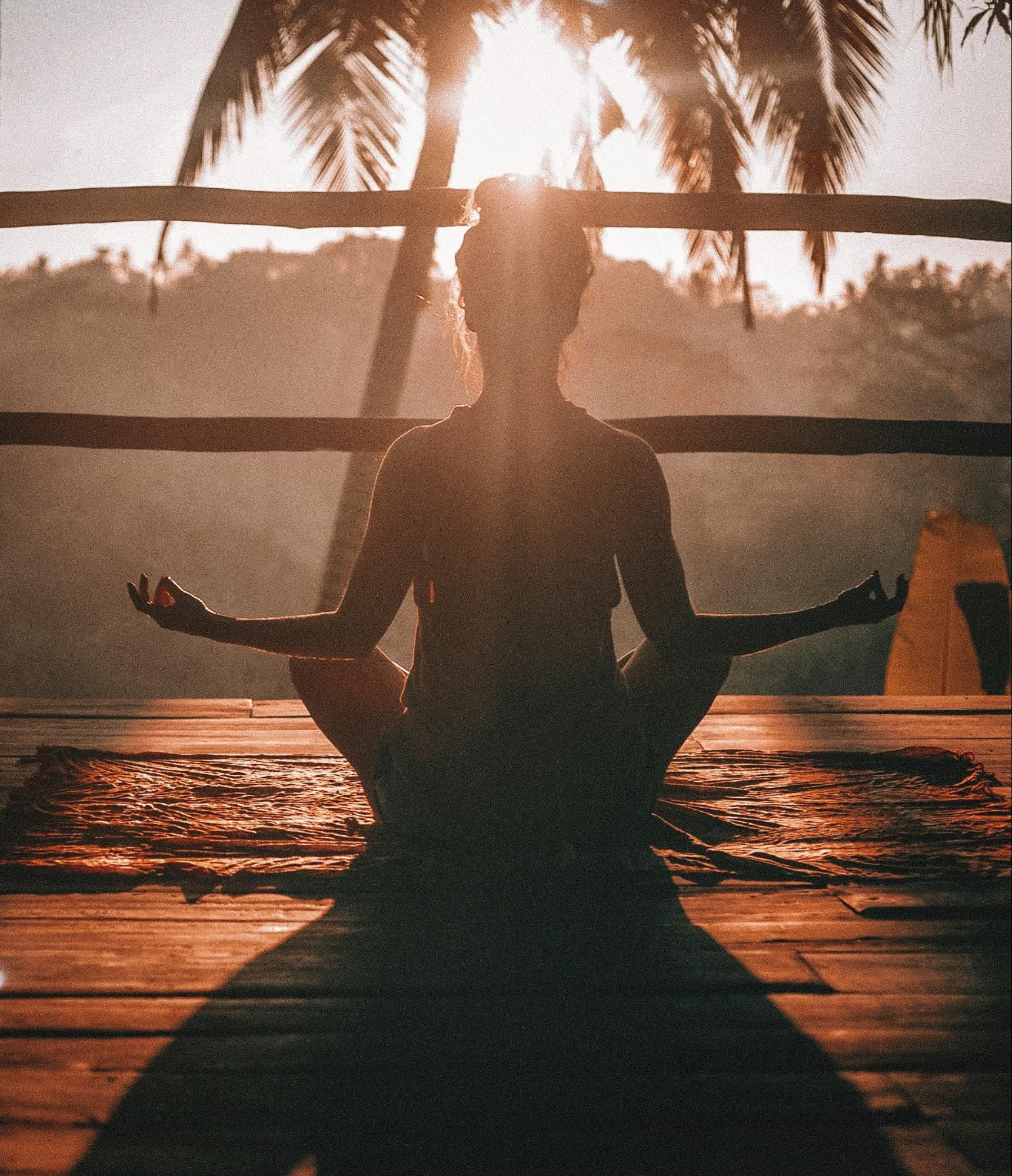Overcoming Distractions During Book Writing Retreats
Writing retreats offer a unique opportunity to escape the constant distractions of modern life, allowing authors to focus on their craft. These getaways provide the perfect setting for writers to immerse themselves in any genre, whether penning a historical novel or crafting witty dialogue for a contemporary romance. At retreats, writers can disconnect from their daily commitments and dive deep into their creative process.
Keep reading to discover effective strategies for overcoming distractions and staying focused during your writing retreat.
KEY TAKEAWAYS
- Choose a distraction-free location for your writing retreat to maximize focus and productivity
- Set clear goals and establish a structured schedule to stay on track during the retreat
- Use technology wisely and manage digital distractions to maintain concentration on your writing
- Incorporate mindfulness practices and regular breaks to refresh your mind and boost creativity
- Balance solitude and community engagement to create a personalized and productive retreat experience

Strategies to Maintain Focus at Writing Retreats
Writing retreats offer authors a unique atmosphere to immerse themselves in their craft, but maintaining focus can be challenging. To combat distractions, writers should identify peak productivity periods, break tasks into manageable chunks, and use technology wisely. These strategies help maintain concentration, allowing for efficient research and steady progress on literary projects.
Identify Your Peak Productivity Periods
Writers can boost their productivity by identifying their peak creative periods during a writing retreat. Some find early mornings ideal for crafting prose, while others thrive in the late evening. Recognizing these times allows authors to schedule challenging tasks when their minds are sharpest, paving the way to greater writing success. By aligning writing sessions with natural creative rhythms, writers can dive deeper into their work, whether developing characters or refining plot twists. This approach enhances focus and leads to more satisfying and productive writing experiences.
Break Down Your Writing Tasks Into Manageable Chunks
Breaking a writing project into manageable chunks helps authors focus and build confidence during retreats. By dividing the manuscript into smaller tasks, writers feel progress and reduce anxiety. This structured approach maximizes retreat time, maintaining momentum and overcoming blocks. Tasks can include outlining plot points, setting daily word goals, character development, revision sessions, and research breaks, ensuring steady progress and organization.
Use Technology Wisely to Aid Your Writing
Technology can be a powerful ally for writers at retreats when used wisely. Productivity apps can track progress, set timers for focused writing sessions, and use meditation apps to clear the mind. To avoid distractions, writers should use website blockers and turn off notifications. Effective tech tips include using sensible writing software, setting digital goals, utilizing voice-to-text apps, creating focus-enhancing playlists, and using cloud storage for backups.
Overcoming Common Distractions at Retreats
Writing retreats offer a unique opportunity for authors to focus on their fiction projects without daily interruptions. However, distractions can still creep in and disrupt the writing process. From the temptation to check emails and social media to the allure of scenic surroundings, writers must be prepared to maintain their concentration. By addressing digital distractions proactively, creating a dedicated writing zone, and employing techniques to quiet the mind, authors can maximize productivity and make significant progress on their manuscripts, resisting the urge to browse websites or engage in unrelated activities.
Dealing With Digital Distractions Proactively
Writers at retreats can manage digital distractions by setting boundaries for device use. Designate specific times for emails or workshops and keep devices off during focused writing periods. Use apps to block social media and distracting websites to maintain concentration and progress on manuscripts. This strategy helps writers immerse fully in their work and tap into creativity, enhancing their retreat experience.
Creating a Distraction-Free Writing Zone
Creating a distraction-free writing zone at retreats helps authors maintain focus. Writers can set up a dedicated space separate from the main area, using room dividers or choosing a quiet corner to signal it's time to write. Personalizing this zone with inspiring images or meaningful objects fosters creativity. This setup allows authors to concentrate on their work without feeling guilty about not exploring the retreat surroundings, fully immersing themselves in their writing.
Techniques for Quieting the Mind
Writers at retreats can use various techniques to quiet their minds and maintain focus. Meditation and deep breathing exercises help clear thoughts before writing. A quick dip in the swimming pool or a brisk walk can also refresh the mind and boost creativity. Regular feedback sessions with fellow writers or mentors provide constructive input, allowing authors to return to their work with clarity and purpose. By incorporating these practices, writers can create a more productive and enjoyable retreat experience.

The Role of Mindfulness in Enhancing Focus
Mindfulness helps writers maintain focus during retreats, enhancing their creativity and productivity. Incorporating meditation breaks, mindful walking, and tailored exercises clears distractions like checking emails or worrying about feedback. These practices deepen the writer's connection to their craft, making retreats more immersive and productive. By cultivating mindfulness, writers open themselves to new levels of creativity and enrich their writing experience.
Incorporate Meditation Breaks Into Your Schedule
Writers can enhance focus and reduce pressure by incorporating meditation breaks into their retreat schedules. These brief moments of mindfulness help clear distracting thoughts, whether working on a memoir or a novel. Regular meditation serves as mental education, teaching writers to stay present and manage their thoughts effectively. Scheduling these pauses throughout the day allows authors to maintain a fresh perspective and approach their work with renewed energy.
Practice Mindful Walking to Clear Your Mind
Mindful walking helps writers clear their minds and refocus on their work, whether crafting a debut novel or plotting a Roman epic. This practice combines gentle exercise with meditation, allowing authors to step away from their desks and reconnect with their surroundings and creative thoughts. By taking short, deliberate strolls around the property and focusing on each step and breath, writers can work through plot challenges and return to their desks with renewed clarity and productivity.
Mindfulness Exercises Tailored for Writers
Writers can benefit from tailored mindfulness exercises that address common distractions and temptations. These exercises help authors stay focused on their work, even when distractions like the kitchen beckon. One effective exercise involves visualizing an ideal, distraction-free writing environment. By mentally creating this space, authors can better resist interruptions and maintain focus during retreat sessions, fully immersing themselves in their creative process.

Balancing Writing With Relaxation for Optimal Productivity
At writing retreats, authors must balance focused work on their laptops with relaxation to maintain peak creativity. The importance of self-care and mental well-being has become evident, especially during the pandemic. By incorporating regular breaks, exploring retreat surroundings, and engaging in non-writing creative activities, writers can refresh their minds and enhance their experience. This approach prevents burnout and fuels inspiration, leading to more productive writing sessions and a fulfilling retreat.
Schedule Regular Breaks to Rejuvenate Creativity
Scheduling regular breaks during writing retreats helps writers maintain their energy and creative flow. These pauses act as a mental reset, allowing authors to approach their work with renewed focus and fresh ideas for each chapter. A well-structured break policy can prevent burnout and enhance productivity. Writers can use breaks to rejuvenate their minds through activities like short walks, mindfulness, or enjoying the retreat surroundings. Stepping away periodically often leads to natural solutions for plot problems or character dilemmas, resulting in more efficient writing sessions when they return to their desks.
Explore the Retreat’s Surroundings to Refresh Your Mind
Exploring the retreat's surroundings allows writers to refresh their minds and gain inspiration. Taking breaks to walk along a peaceful lakeshore can help authors maintain momentum in their writing. This change of scenery often sparks creativity and provides a fresh perspective on their work. Effective time management during these explorations is crucial for maintaining productivity. Writers can set specific times for outdoor activities, ensuring they balance relaxation with focused writing sessions. Connecting with nature often reignites motivation and helps authors overcome creative blocks, making it a vital part of their retreat experience.
Engage in Non-Writing Creative Activities
Engaging in non-writing creative activities during retreats can help writers recharge and find new inspiration. Activities such as painting, photography, or music offer a break from the intense focus of writing while still stimulating creativity. Writers might explore local art museums, take a cooking class, or participate in community activities that foster connections and spark new ideas. These non-writing pursuits provide a healthy alternative to constantly checking social media, refreshing the mind and helping writers return to their work with renewed energy and fresh perspectives. Participating in diverse creative experiences can significantly enhance the overall retreat experience.

Community and Isolation: Finding Your Productivity Mix
Writing retreats offer a unique blend of community and solitude, allowing authors to find their ideal productivity mix. Some writers thrive on the energy of group workshops, while others prefer the quiet focus of isolated writing sessions. Striking the right balance between collaborative activities and deep work periods can significantly boost creativity and output. By participating in workshops, seeking solitude for concentrated writing, and networking with fellow authors, writers can create a personalized retreat experience that maximizes focus and productivity. This tailored approach helps authors overcome distractions and make the most of their retreat time, whether working on a novel, screenplay, or academic paper.
The Benefits of Participating in Writing Retreat Workshops
Participating in writing retreat workshops provides authors with growth opportunities and valuable connections. These sessions offer structured environments for sharing work, receiving feedback, and learning from mentors. The collaborative atmosphere sparks creativity and helps overcome project challenges. Engaging with peers and professionals boosts focus, productivity, and accountability, renewing writers' sense of purpose.
Finding Solitude for Deep Work Sessions
Writers at retreats can enhance their productivity by finding quiet spaces for deep work sessions, away from group activities. Secluded spots like a private room or a peaceful outdoor area allow authors to focus fully on their writing without interruptions. Using time-blocking techniques and creating "do not disturb" signals helps maintain this solitude. By disconnecting from digital distractions and informing others of their unavailability, writers can achieve increased productivity and deeper creative insights.
Networking With Fellow Writers for Support and Motivation
Networking with fellow writers at retreats offers support and motivation. These connections allow for sharing experiences, discussing challenges, and exchanging ideas. Organized social events or informal gatherings, such as group meals and collaborative exercises, facilitate networking. These interactions often result in lasting connections that create a support system for future writing endeavors. Engaging in group dinners, writing circles, and casual conversations helps build these valuable relationships.
Conclusion
Writing retreats offer authors a unique opportunity to focus on their craft, but mastering distraction-free writing requires deliberate strategies. By selecting the ideal location, setting clear goals, and creating a structured schedule, writers can maximize productivity and creativity. Techniques such as mindfulness exercises, managing technology, and balanced relaxation help maintain concentration and overcome distractions. This focus allows authors to make significant progress on their projects, leading to more satisfying and successful writing experiences.
© 2024 All Rights Reserved | Keira Brinton
All Rights Reserved | Keira Brinton | Website Design by Tally Creative














